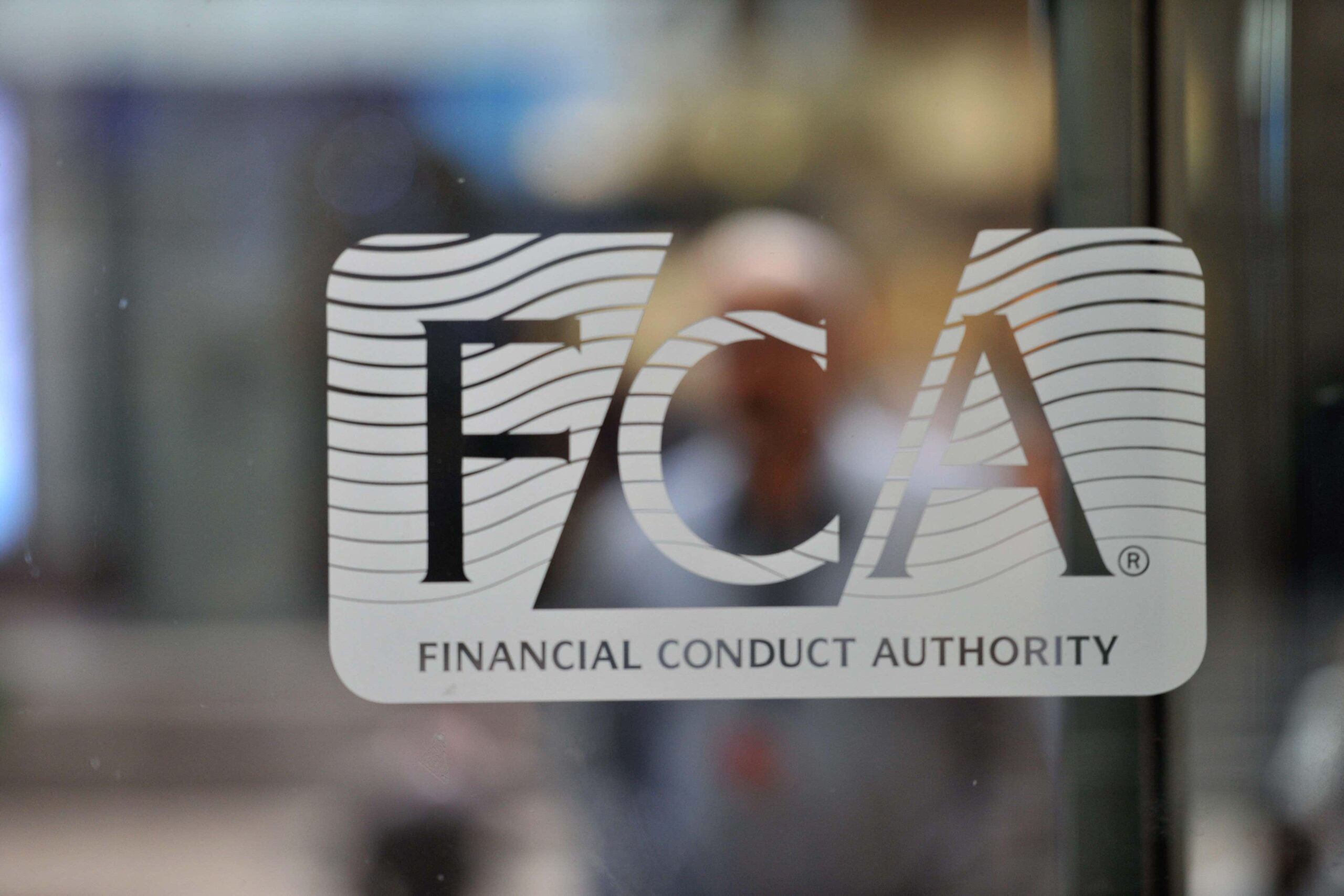The Financial Conduct Authority (FCA) has issued a stark warning to consumers, revealing a surge in sophisticated scams where fraudsters impersonate the financial regulator.
The watchdog disclosed it received 4,465 reports of individuals posing as FCA representatives in the first half of the year alone.
These criminals aim to defraud victims by coercing them into handing over money or sensitive personal data, including bank account PINs and passwords.
Alarmingly, approximately 480 people were successfully duped into transferring funds to these fraudsters during the same six-month period.
The majority of these reports, nearly two-thirds, originated from individuals aged 56 or above, indicating a particular vulnerability among older demographics.
The FCA highlighted two prevalent scam tactics. One involves fraudsters falsely claiming the regulator has recovered funds from a cryptocurrency wallet illegally opened in the victim’s name.
Another common method targets individuals already victimised by loan scams, promising FCA assistance in recovering their lost money.

It said they are then persuaded to hand over further funds to who they believe is the regulator.
Meanwhile, a separate trend has involved fraudsters emailing consumers telling them their creditors have taken out a County Court Judgment against them and they need to pay the FCA the monies owed.
Steve Smart, joint executive director of enforcement and market oversight at the FCA, said: “Fraudsters are ruthless.
“They attempt to steal money from innocent victims by impersonating the FCA.
“We will never ask you to transfer money to us or for sensitive banking information such as account PINs and passwords. If in doubt, always check.”
Charlene Young, senior pensions and savings expert at AJ Bell, said: “This new warning from the FCA makes for grim reading, as financial scammers are now impersonating the regulator itself.
“The figures represent the total number of reports to the FCA where people realise they’ve been targeted and are willing to make a report. However, the true volume of victims and attempts will likely be much higher.
“Depressingly, the most vulnerable people continue to be those who are most actively targeted. We saw financial vulnerability particularly exposed by fraudsters during the worst of the Covid pandemic, and the cost-of-living crisis that followed it.

“Impersonation schemes are particularly attractive to these bad actors. One common technique involves a call out of the blue, with fraudsters claiming to be from the FCA and having recovered funds from cryptocurrency wallets opened in the target’s name without their knowledge.
“With the promise of a windfall, the scammers will then try to persuade people to hand over sensitive bank information including account access and PIN details.
“These schemes can also get fraudsters a second bite of the scam cherry. The FCA has singled out a practice it calls ‘pig butchering’, where victims are targeted using a romantic or other connection which lays the groundwork for a long-term investment scam to ‘fatten them up’.
“After money has been handed over, fraudsters then move on to impersonating the FCA and offer to help their victim recover what they’ve already lost.
“While people of all ages can fall victim to scammers, those who are able to access their retirement pot – potentially the biggest asset they own – will inevitably be a prime target. In fact, almost two thirds of the reports made to the FCA in the update came from over 55s.
“The best way to avoid becoming a scam victim is to know the tricks they use and not hand over your money in the first place. We’ve listed five things people can do to protect themselves from these scams.”
